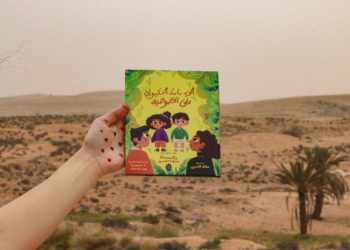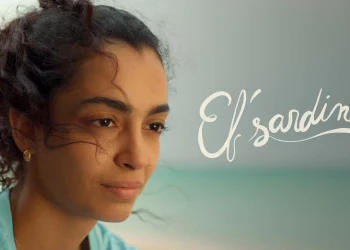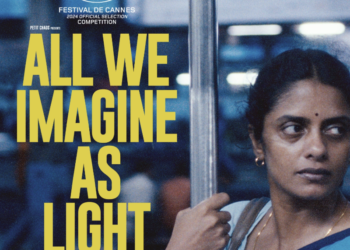“Mom, Dad, Can We Talk About Privacy?”—A Tunisian children’s book on protecting kids from sexual violence
The 26-year-old Swiss writer of Tunisian origin Raja Sabta el-Amri has launched a children’s book series titled Mom, Dad, Can We Talk About, which addresses social and educational issues. The first book in the series, published in spring 2025, is titled What Is Consent? and is available in three languages (Tunisian colloquial Arabic, French, and English), and also in Braille. There are also a sign language version and an audio version. It targets children as young as four. An interview.




































